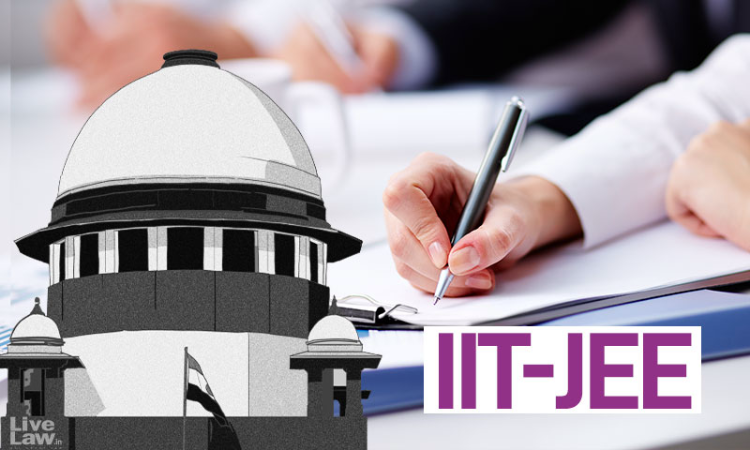IIT- JEE Advanced | Supreme Court Dismisses Plea Against Eligibility Criteria Of 75% Marks In Class 12
Awstika Das
29 May 2023 4:42 PM IST

Next Story
29 May 2023 4:42 PM IST
The Supreme Court on Monday dismissed a challenge against a rule requiring JEE Advanced candidates to have at least 75 per cent aggregate marks in Class XII (or equivalent) Board examination, which was waived during the COVID-19 pandemic but subsequently revived. A bench of Justices Sudhanshu Dhulia and KV Viswanathan was hearing a plea challenging an eligibility criterion for taking...
